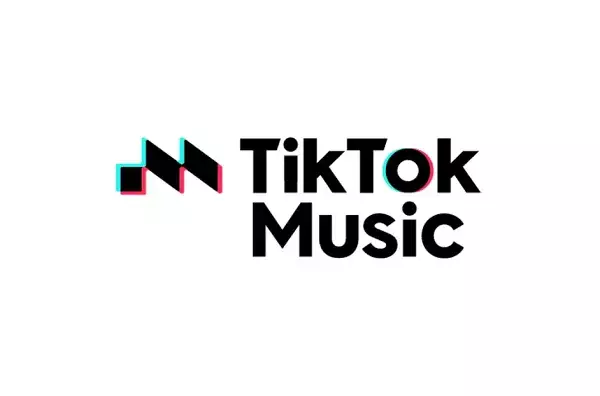In a surprising but perhaps inevitable announcement, TikTok revealed plans to shut down its separate streaming app, TikTok Music. Launched amid the platform’s explosive growth, the app faced numerous hurdles that ultimately undermined its viability. As challenges piled up and audience interest dwindled, it has become clear that TikTok Music was not destined to succeed.
Originally launched as Resso in India in late 2019, the app was intended to capitalize on TikTok’s rising popularity in the region. Resso debuted in a saturated market, but it presented itself as a fresh entrant aiming to attract the youth demographic that TikTok had successfully engaged. The music streaming landscape in India was already crowded, dominated by established services such as Spotify and Gaana. Unfortunately, TikTok’s move to rebrand Resso as TikTok Music in the middle of a turbulent period for the parent app proved to be a misstep.
Despite existing regulations banning TikTok in India in 2020, its music service somehow managed to sidestep similar scrutiny. Yet the app never gained significant traction, signaling a lack of real demand from Indian consumers who remained loyal to their preferred platforms. When regulatory bodies finally acted against TikTok Music this year, the news hardly surprised anyone familiar with its lackluster performance in the market.
In a bid to revive TikTok Music, the service expanded its reach, re-launching in broader markets, including Brazil and Indonesia. Limited access was also provided to users in regions like Australia, Mexico, and Singapore as part of a closed beta test. However, these efforts were met with resistance from local audiences who were already accustomed to other streaming platforms. Compounding the issue, the service faced complicated music licensing disputes, which further hindered its ability to operate effectively in foreign markets.
The expansion to international markets was an admirable move by TikTok, demonstrating the company’s willingness to invest in and commit to its music streaming aspirations. However, the lack of substantial user engagement indicated that TikTok Music was struggling to fit into a landscape dominated by players who have spent years refining their service offerings. As such, the once promising app fell further behind, leading to its eventual failure.
With its announcement about the closure on November 28, 2024, TikTok indicated a retreat to its primary app, refocusing efforts to enhance functionality within its main platform. The tech giant seems to believe that a tighter integration of music features within the existing TikTok app will yield better results, particularly considering its already robust connection with the music industry through viral challenges and hot tracks.
The statement from TikTok emphasized the company’s ambition to enhance music listening experiences directly within the app, which can provide greater promotional power for artists and songwriters. By pivoting their strategy, TikTok is treading cautiously while remaining on the cutting edge of user engagement.
While TikTok Music’s closure is not seismic news in the grand scheme of the music and social media spheres, it serves as a reminder of the complexities involved in diversifying a platform’s offerings. TikTok’s aspirations to carve out a niche within the crowded streaming market were commendable, yet the ultimate failure demonstrates the difficulties in competing against entrenched players. Yet despite the setback, TikTok’s exploration into music streaming is likely to yield beneficial insights for its core platform as they refine and rethink their approach to incorporating music elements.
In the evolving landscape of digital content, where competition is fierce and loyalty is fickle, any platform must adapt and pivot. TikTok’s decision to shutter TikTok Music may mark the end of an ambitious venture but signals an ongoing commitment to deliver strong music-related features, blending creativity, entertainment, and engagement—all within a singular, user-friendly platform. As TikTok continues to innovate, it’s clear that their journey is far from over.


Leave a Reply